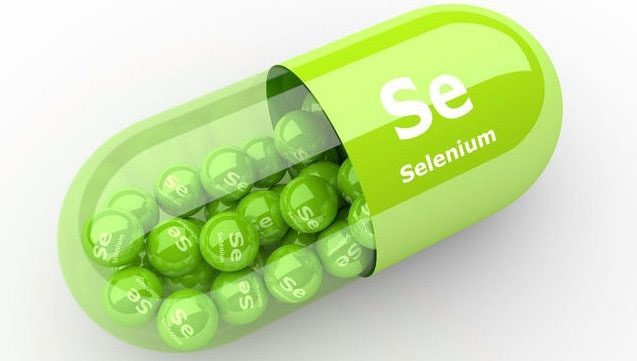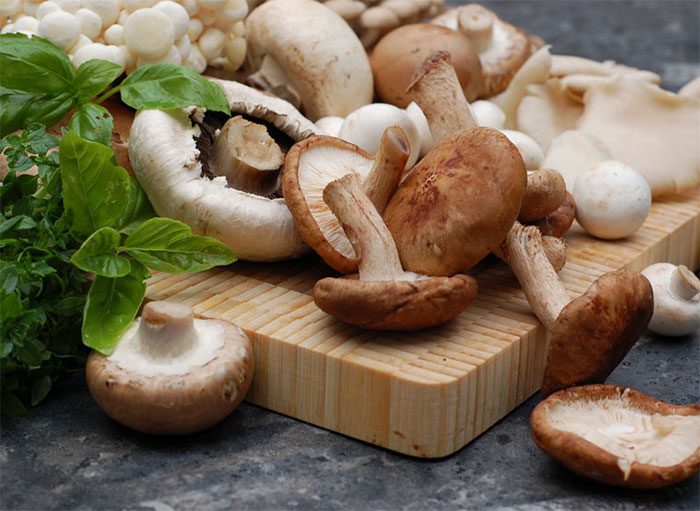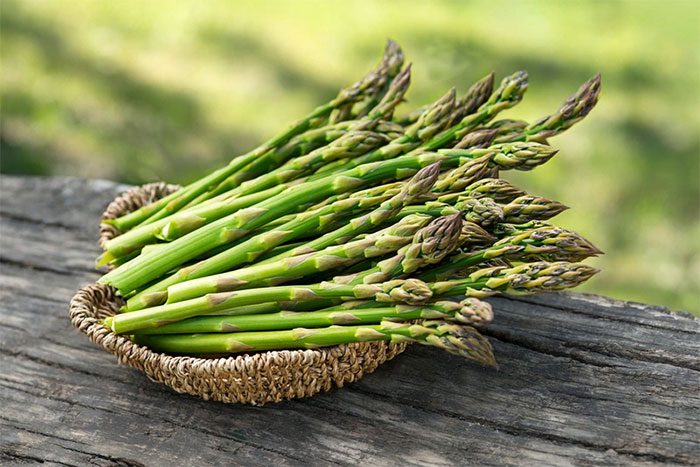These vegetables contain a nutrient that plays a crucial role in extending lifespan.
Numerous medical studies have demonstrated that selenium is a vital trace element for the human body, especially for middle-aged and elderly individuals. As people enter this stage of life, everyone hopes to remain healthy and live longer. Therefore, ensuring adequate selenium intake is something health experts recommend doing daily.
Health professionals point out that selenium significantly influences human longevity and health. According to WebMD, it possesses antioxidant properties, earning it the nickname “the immortal element”, which helps enhance immune function, detoxify the body, prevent liver diseases, and reduce cancer risks.
Research indicates that supplementing with selenium can boost immune function, improve the health of hair and nails, and support a healthy thyroid, while also lowering the risk of prostate cancer. Conversely, a deficiency in selenium leads to a higher incidence of tumors.

Selenium possesses antioxidant properties, earning it the nickname “the immortal element,” which helps enhance immune function, detoxify the body, prevent liver diseases, and reduce cancer risks. (Image source: Internet)
However, selenium cannot be produced naturally by the body and must be obtained from food. Therefore, individuals should include foods rich in selenium in their diets to help ensure their own and their family’s health every day.
1. Broccoli
Broccoli, also known as green cauliflower, is often referred to as the “king of vegetables” due to its high nutrient content. This vegetable ranks fourth among the top 10 healthiest foods and contains a particularly high amount of selenium, which can prevent and combat cancer.
Additionally, regularly consuming broccoli can enhance memory, eliminate free radicals, improve skin appearance, and combat aging. The compounds in this food can also improve cardiovascular function, increase the elasticity of blood vessels, lower blood sugar, and reduce the risk of heart disease and stroke. Therefore, it is a food that middle-aged and elderly individuals should incorporate into their diets.
2. Shiitake Mushrooms
Shiitake mushrooms are very nutritious and are known as the “treasure of the mountains.” The selenium content in shiitake mushrooms is quite high, making them one of the best sources of selenium for vegetarians.

Shiitake mushrooms are very nutritious and are known as the “treasure of the mountains,” providing numerous health benefits. (Image source: Internet).
When used correctly and regularly, shiitake mushrooms can enhance physical strength, prevent diseases, and combat cancer. The compounds in this food can also lower cholesterol levels, eliminate free radicals in the body, and slow down the aging process. However, when preparing shiitake mushrooms, they should be cleaned by soaking them in water with salt or flour. Shiitake mushrooms can be stir-fried, stewed, or made into soup. Notably, the stewed chicken with mushrooms is both nutritious and delicious.
3. Purple Sweet Potatoes
Purple sweet potatoes, originating from South America, are a root vegetable with a very high nutritional profile, particularly rich in selenium. Additionally, purple sweet potatoes contain a lot of fiber that promotes and improves digestion, helping to prevent constipation.
Moreover, if consumed correctly, purple sweet potatoes can aid in weight loss, skin nourishment, delay aging, protect the liver, and reduce the risk of cardiovascular diseases. However, it is important to avoid eating raw or overindulging in purple sweet potatoes daily, as it may cause bloating.
4. Asparagus
Asparagus, known as the “king of vegetables,” is also a famous selenium-rich vegetable. It is typically harvested in the spring, is delicious, and offers numerous health benefits. The nutrients in this vegetable contribute to stimulating appetite, strengthening the spleen and stomach, promoting digestion, and aiding in weight loss, while also enhancing resistance to fight against and prevent cancer cells.
Asparagus can be prepared in many ways, such as frying, boiling, stewing, or making salads. However, the most nutritious way to consume asparagus is by boiling it, which is light and delicious, and the process is very simple.

If consumed excessively, asparagus can have a diuretic effect, leading to dehydration and fatigue.
Asparagus generally does not conflict with any food. However, it is advisable not to consume it too frequently. Limit asparagus intake to 2-3 meals per week. Overconsumption may lead to dehydration and fatigue due to its diuretic properties.
The four foods mentioned above are all rich in selenium. Therefore, middle-aged and elderly individuals should consume more of these foods, not only to supplement their diets naturally but also for their overall health and longevity. However, selenium supplementation should be adequate and appropriate at different times, as excessive intake may lead to selenium toxicity.



















































